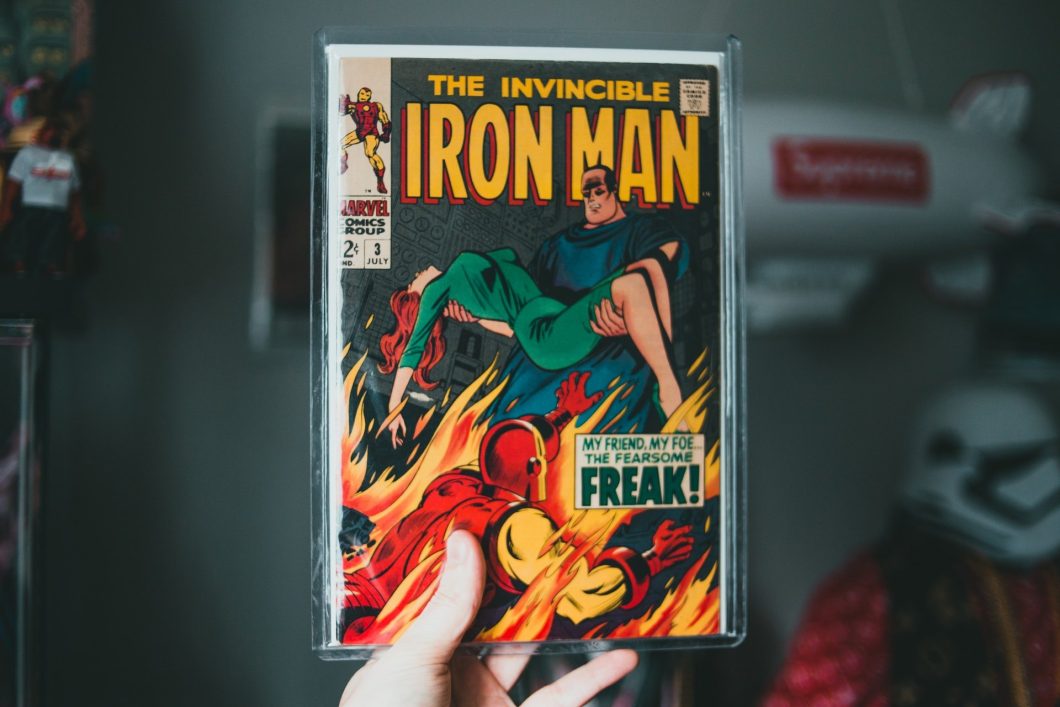Renowned Hollywood screenwriter David S. Goyer, who has been involved in DC and Marvel comic book adaptations and has worked with leading directors, spoke with The Hollywood Reporter and talked about the specifics of production processes and the differences in approach between the various studios. You can find excerpts from that interview below.
- DC has had its ups and downs in recent years, unlike Marvel. If you were running DC…?
David S. Goyer: Which I would never want to do.
- But let’s assume you’re at the helm. What steps would you take next?
David S. Goyer: I think the main problem with DC is that Marvel has had absolutely consistent management for the last 15 years or more, whereas DC has not. The latter had all the changes depending on who was running them. This is fundamentally wrong. It’s hard to make any significant progress when there are constant changes in management. Another feature that has made Marvel incredibly successful is their dedication to the source material. Ant-Man remains Ant-Man. The Hulk remains the Hulk. They don’t try to change things. I would suggest trying to get closer to the source material. All in all, it’s a consistent universe, consistent direction and faithfulness to the source material.
- Some, including us, consider “The Dark Knight” to be one of the best superhero comic book adaptations. Which film do you think deserves that definition?
David S. Goyer: I can give you my top four. “The Dark Knight,” “Logan,” “First Avenger 2: The Other War” and “Thor 3: Ragnarok.”
- Name one comic book character whose story you always wanted to adapt but never did?
David S. Goyer: There are things I wrote that never made it to the screen. I did an early draft of “Doctor Strange” about 18 years ago. I would have loved to have written a screenplay for a Hulk movie: he was my favorite character as a kid.
- What was the worst comment you ever got from a studio about your script?
David S. Goyer: There was one story while working on the Man of Steel adaptation. When in the finale Superman uses the capsule in which he arrived on Earth as a child to bring down General Zod’s ship. The comments we got from the studio said, “You have to change that.” We asked why? They said, “Because if Superman uses that capsule to save the city and it gets destroyed, how will he ever get home to Krypton?” A long pause ensued, and we replied, “Uh. Krypton exploded. You saw it for 30 minutes!”
- Has there been a so-called “writer’s stupor” in your career, and how did you overcome it?
When Chris (Nolan) and I were working on the script for The Dark Knight 2: Legend Reborn, we had some problems with the middle of the film. It was a whole series of episodes: How Bruce was going to defeat Bane, how he was going to escape from the Pit, and how to bring up the fact that the kid was actually Talia. Chris and I just hit a wall, and he suggested we take a break for a week and put the pencils away. It’s kind of counterintuitive because you think you have to be immersed in the material all the time. But often when you have a writing stupor, it’s best to just walk away, do something completely different, and just hope that your subconscious will come to the rescue.
But in the speech of the week, I reread the first few years of comics and wrote the first few pages of the Superman movie script. So when we got back, Chris said: “Well, do you have any ideas?” I replied, “Yes, I do, but about an adaptation about Superman that has nothing to do with ‘Legend Reborn.'” That’s how Man of Steel came about. We ended up submitting it to Warner Bros.
